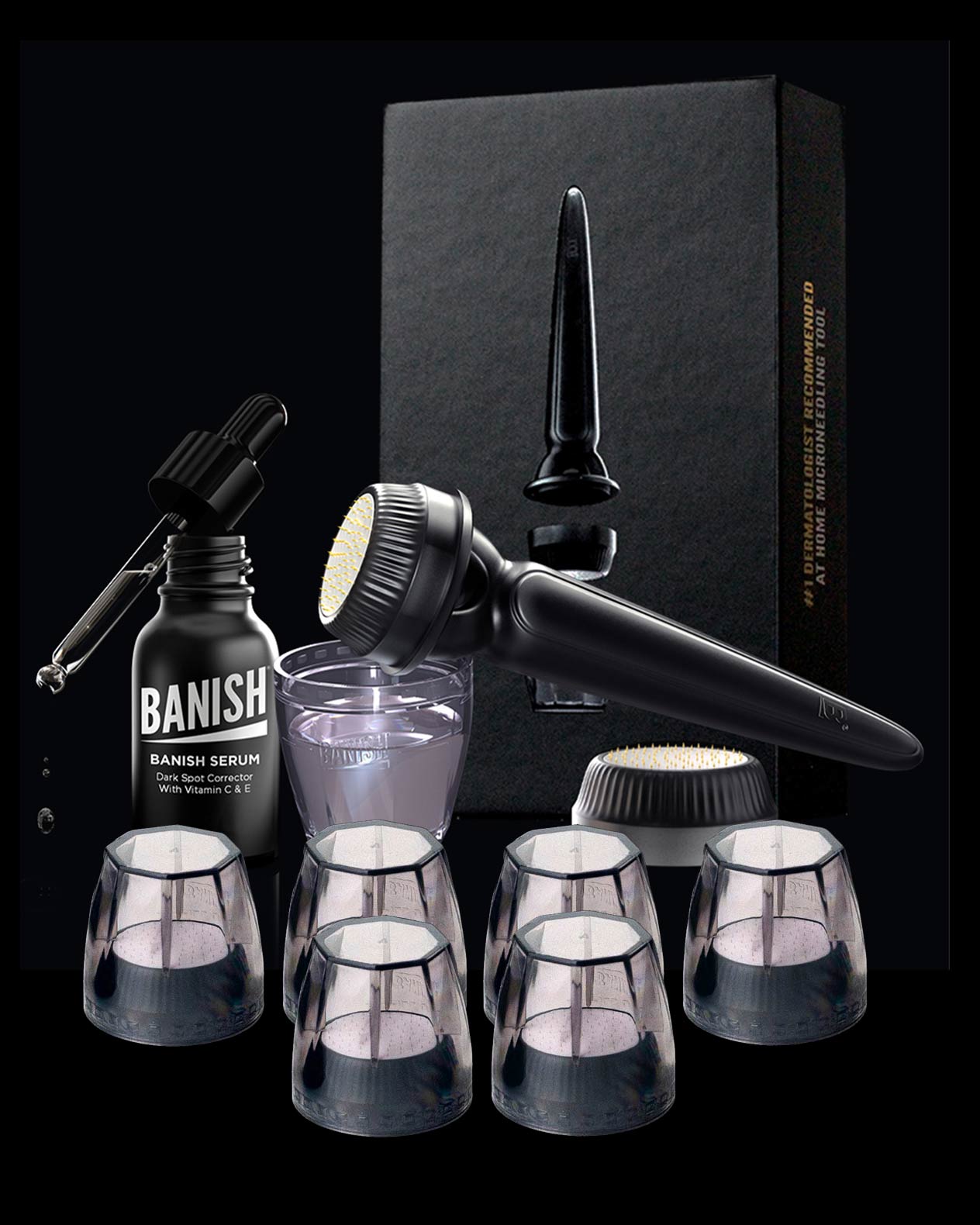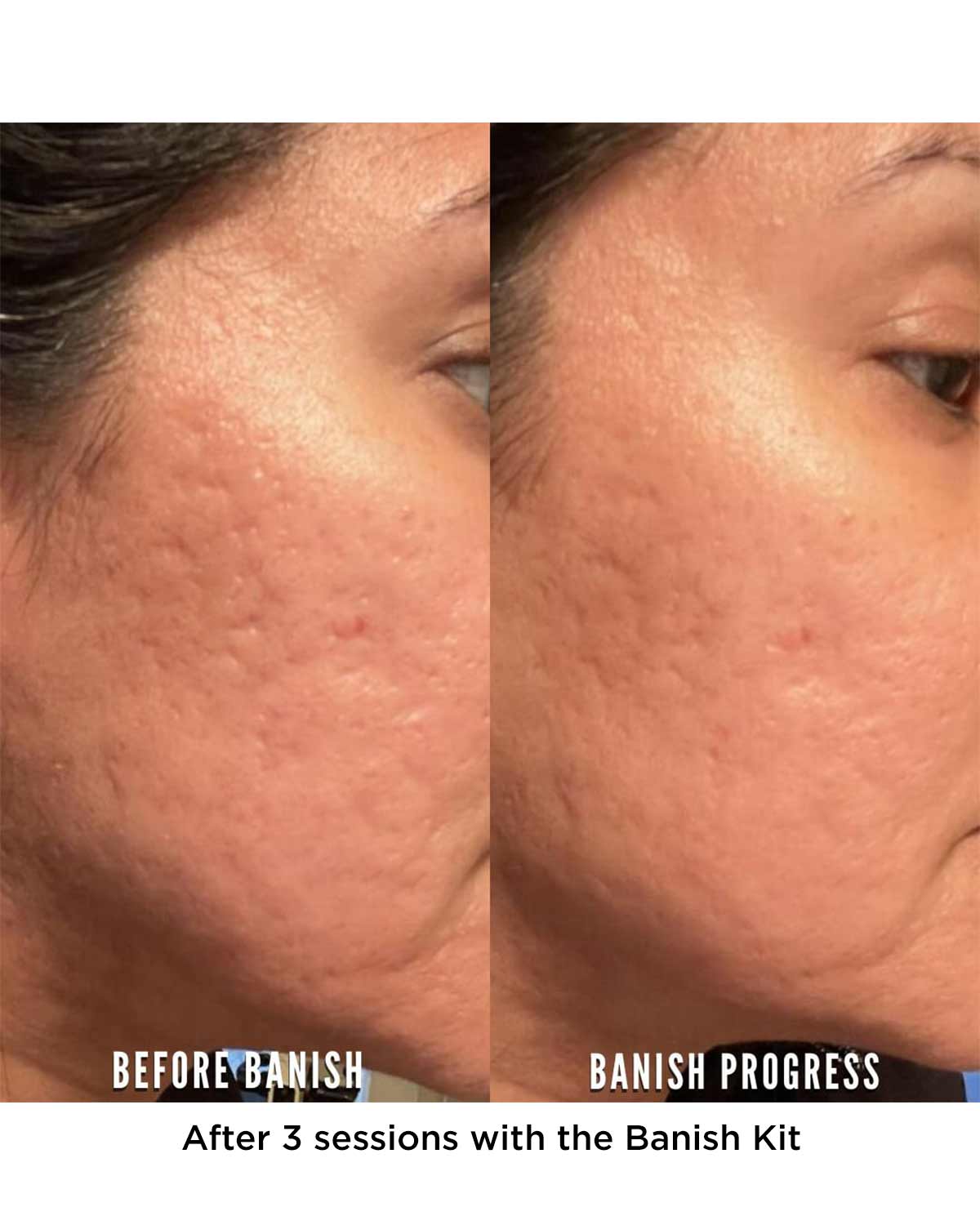If you live in a big urban city, or a city with a lot of contamination, you may be concerned about whether or not the pollution is ruining your skin.
Most of us are by now aware of the harmful and damaging effects of the sun’s “pollution” (the sun emits all kinds of electromagnetic radiation, including infrared rays) which can damage our skin, but there are also other menacing pollutants in the environment that our skin is constantly being exposed to: smog, dust and other particulates that could be carrying persistent and harmful free radicals.
how pollution is ruining your skin
Exposure to pollution can affect your heart and lungs, resulting in significant health problems. But living the urban life means that “particulate matter” pollution could also do some serious damage to your skin, as well.
“Particulate matter” or PM, are microscopic solid and liquid, organic and inorganic particles suspended in the air, many of which are hazardous (dust, pollen, soot, smoke). Some particulates occur naturally, as the result of volcanoes, dust storms, forest fires, and crops – but human activities such as burning fossil fuels, power plants and other industrial processes also generate significant amounts of particulates. Persistent free radicals (uncharged, highly reactive molecules which damage our skin’s DNA) can then form on these airborne particles. These persistent free radicals cannot be avoided completely – you can avoid being near cars and smoke, but persistent particulate matter linger in the air and travel great distances.
Living in areas where any of these things occur puts us at a higher risk of being exposed to such pollution and its effects. People living in cities tend to have decreased levels of vitamin E and squalene, both of which are important for the functioning of healthy skin. Research even indicates that women who live in urban areas with high levels of pollution have 22% more skin wrinkling and pigmented spots.
A pollutant we are all familiar with provides a good example: cigarette smoke. Cigarette smoke is associated with the breakdown of collagen and elastin fibers and reducing facial blood flow in smokers. Cigarette smoke chronically deprives the skin of oxygen and arterially-supplied nutrients, usually leading to something known as “smoker’s face” in which the face is grey and dull, accompanied by deep wrinkling. Similar effects can be seen as a result of exposure to other pollutants.
Overall, pollution can affect our skin in many ways: it can affect the skin’s pigment, causing dyspigmentation, skin aging, inflammatory or allergic skin conditions (atopic dermatitis, eczema, psoriasis or acne), and slower damage recovery, with skin cancer being the most serious effect.
what can you do if pollution is ruining your skin?
Our skin is a miraculous and protective organ that has many functions, but unfortunately the protective ability of the skin is not unlimited, and problems arise when abnormal exposure to environmental stressors exceeds the skin’s potential.
While many dermatologists recommend only sunscreen (which is important) when advising people how to better protect their skin, we can’t just ignore the non-UV sources of pollution that can negatively affect our skin through the very same mechanism of action (creating a reactive oxygen species).
The best way that we know how to protect our skin from pollution is really nothing fancy – it relies only on the principle of boosting the natural defences already present in your skin.
1- Cleanse your skin regularly.
With air pollution threatening health worldwide, now is not the era to be doing the caveman routine. If you live in a large city especially, pollution demands that we wash our faces regularly – at least once a day.
Particulate matter floats around airborne and attaches to your skin as you go about your day. As washing is an effective way of reducing particle content on the skin’s surface, not cleansing would contribute to an accumulation of harmful PM. Just think of all the pollution you encounter in a day, and imagine it all just sitting on your face, day after day, after day… not good!
While washing away the pollution of the day is important, be careful not to over-cleanse (no more than twice a day, depending), which can also impede your skin’s protective abilities.
2- Use antioxidants topically.
If you follow the blog regularly, you probably already knew this one! We love antioxidants, and for good reason.
Antioxidants protect your skin against the oxidative stress that pollution can cause, as well as protect your skin from sunburn, UV-induced immunosuppression, and DNA damage.
Vitamins C and E are suggested as the best antioxidant options for preventing pollution-induced skin damage, although there are many great formulas on the market containing these and more, like Banish’s very own Vitamin C Serum!
3- Protect your skin’s barrier.
The protective “film” that sebum gives our skin is thought to be one of the body’s protective tools against some pollution. However, the ozone-sebum interaction is precisely what makes toxic molecules. So those oily areas with lots of sebum (the face) therefore tend to be even more susceptible to damage.
Thankfully, the same protection can be achieved through other “protective films” such as moisturizers, sunscreens and even foundations.
Moisturizing provides a perfect opportunity to protect the skin’s barrier beyond antioxidants. Look for moisturizers with ingredients like glycerine and niacinamide. You may also want to look for DNA repair enzymes derived from bacteria and algae which help repair DNA mutations that occur from UV exposure. Choose products with osmolytes (amino acids such as taurine, glycerol, lactic acid, urea, inositol, betaine), which help the body prevent water loss and influence the channeling of water into cells.
If you’re really concerned, you can even try one of the newer products that claim to be pollution shields, but we don’t really know how well they actually work, what with pollution skincare being relatively new.
4- Sunscreen.
The sun’s harmful rays are no exception in this pollution discussion, and so yes, sunscreen is a must if you want to protect your skin from the same damage that other pollution is doing.
Some experts suggest that a moisturizer and sunscreen could be enough to shield our skin from potential environmental pollutants, simply based on the types of ingredients they are made up of. However, we don’t have any concrete answers yet.
So … rather than moving to a remote location or investing a fortune in new, anti-pollution products, experts recommend simply following the advice above to protect our skin from pollution: using a good quality, gentle cleanser on the regular, use an antioxidant serum, protective skin barrier ingredients, and and an SPF.
While air pollution is a very real concern for both our health and our skin, much of the pollution-skincare information is only being promulgated by popular websites looking to push products. In terms of research we can put our money on, we are still left wanting.
That doesn’t mean that you shouldn’t follow the advice outlined above to protect your skin from pollution – pollution is ruining your skin, that much we know!
























Leave a comment
All comments are moderated before being published.
This site is protected by hCaptcha and the hCaptcha Privacy Policy and Terms of Service apply.